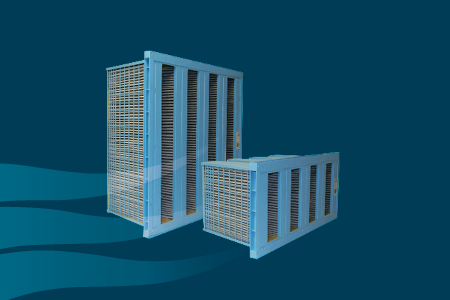 Add My Company
Add My Company
Can I Reuse an Air Filter

Can I clean and reuse an air filter.
Reusing an air filter by cleaning it might seem like an economical and environmentally friendly option, but there are several reasons why it is generally not recommended. Here are the main reasons:
1. Decreased Efficiency
- Loss of Filtration Efficiency: Cleaning methods, especially for filters not designed to be cleaned, can damage the filter media, reducing its ability to capture particles effectively. This decreases the filter’s efficiency in trapping dust, pollen, and other airborne contaminants.
- Inadequate Removal of Debris: Cleaning might not remove all trapped particles. Some dirt and debris can become embedded in the filter, reducing its effectiveness.
2. Potential Damage
- Physical Damage: Many air filters, especially those made from fibrous materials like paper, can be easily damaged during cleaning. Tears or holes can develop, compromising the filter’s ability to block particulates.
- Structural Integrity: Even if no visible damage occurs, the cleaning process can weaken the structure of the filter, causing it to warp or collapse over time.
3. Hygienic Concerns
- Mold and Bacteria Growth: Moisture from cleaning can lead to mold and bacterial growth on the filter material, potentially introducing harmful spores and microbes into the air.
- Contaminant Redistribution: Attempting to clean a filter can cause particles to become airborne again, potentially leading to increased indoor air pollution temporarily.
4. Manufacturers’ Recommendations
- Design Specifications: Most disposable air filters are designed for single use and not for cleaning and reuse. Reusing them goes against manufacturers’ guidelines and can void warranties or reduce performance.
- Recommended Practices: Manufacturers usually provide specific maintenance schedules, recommending replacement over cleaning to ensure optimal performance.
5. Energy Efficiency
- Reduced Airflow: A partially clogged or damaged filter can restrict airflow, forcing HVAC systems to work harder. This can lead to increased energy consumption and higher utility bills.
- System Strain: Over time, a dirty or compromised filter can cause strain on the HVAC system, leading to potential mechanical issues and reduced lifespan of the equipment.
6. Economic Considerations
- Cost of Damage: While cleaning might seem like a cost-saving measure initially, potential damage to the HVAC system or the need for earlier replacement due to improper filter function can result in higher costs in the long run.
- Efficiency vs. Savings: The slight savings from not purchasing a new filter might be outweighed by decreased system efficiency and increased energy bills.
Conclusion
While some types of air filters are designed to be washable and reusable (such as certain high-quality HEPA or electrostatic filters), the majority of standard air filters used in residential HVAC systems are not. It’s generally advisable to follow the manufacturer’s recommendations and replace air filters at regular intervals to ensure optimal air quality and system performance. If you’re interested in reusable filters, consider investing in those specifically designed for cleaning and reuse.
For more information on Can I Reuse an Air Filter talk to Ace Filtration
